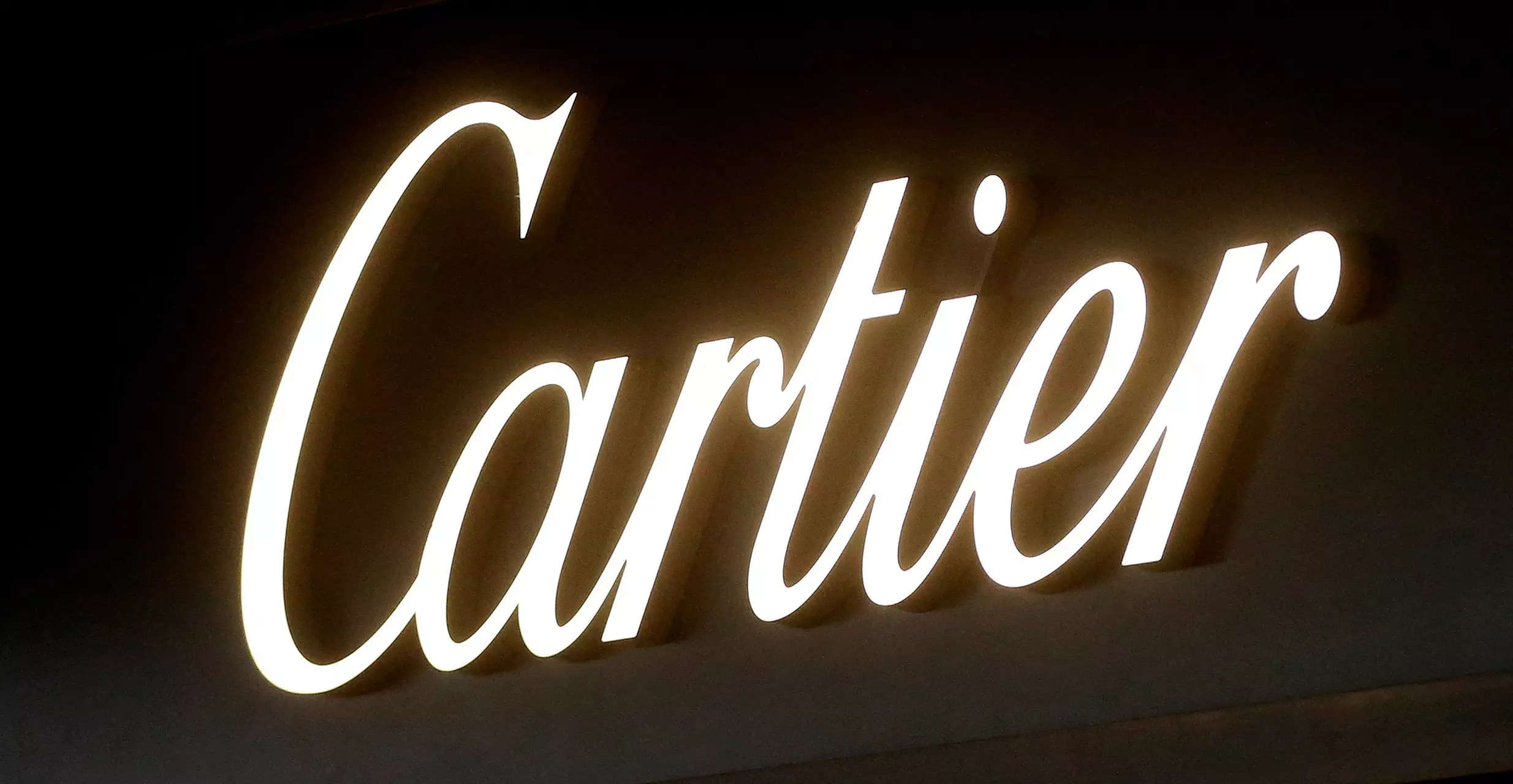
Cartier owner Richemont missed first half profit forecasts and remained cautious about a recovery in China on Friday, sparking a sell-off in European luxury stocks.
Richemont shares were down 4.3% at 1318 GMT. Rivals LVMH and Swatch were 3% and 5.6% lower respectively after the update from the owner of Swiss watchmakers including IWC, Jaeger-LeCoultre and Piaget, while Kering traded down 7%.
Investors were disappointed by lower than expected operating profit across Richemont’s divisions, particularly in its specialist watchmakers division, which continued to struggle.
“EBIT was lower than expected in all divisions most notably in Specialist Watchmakers,” said Bank Vontobel analyst Jean-Philippe Bertschy, although he noted Richemont had been hit by one-offs and negative foreign exchange effects.
Richemont’s operating profit for the six months to the end of September fell 17% to 2.21 billion euros ($2.38 billion), missing forecasts of 2.45 billion euros in a consensus of analysts estimates complied by Visible Alpha.
It also reported a 1% dip in sales during the period, to 10.08 billion euros, missing forecasts for 10.21 billion euros as Richemont was hit by a continued downturn in Asia-Pacific, its biggest region which generates a third of its revenues.
Sales in the region fell by 18% at constant exchange rates, although this was partly offset by increases in the Americas, Japan and the Middle East.
Richemont Chief Executive Nicolas Bos, who took charge earlier this year, said China remained a difficult market.
“There are multiple factors … that are linked to the Chinese economy as a whole,” said Bos said, adding: “There is definitely a confidence factor, which is probably the most important for our customer base”.
Bos told reporters that confidence in China was low and he did not know how long the downturn would last.
Like other luxury companies, Richemont has been battling weaker demand in China caused by the economic slowdown in the world’s second biggest economy, hit by a downturn in the property market and high youth unemployment.
Its luxury rivals have reported mixed fortunes, with LVMH missing third quarter sales forecasts, saying consumer confidence in China had fallen to pandemic-era lows. Earlier this week, Jean-Christophe Babin, CEO of LVMH-owned Bulgari said he did not expect immediate improvement in China.
Luxury demand will likely be lower in China this year than in the last two years, Babin said, predicting it will recover in the next 24 months.
Concerns about China have sent shares in luxury good firms on a roller-coaster in recent months, with stimulus measures prompting shifting expectations for the sector.
Meanwhile, Richemont said its U.S. business is in a good position to carry on growing now that uncertainty around this week’s presidential election was out of the way.
It also said it was monitoring how higher tariffs floated by president-elect Donald Trump could affect its business in the longer term in its biggest market.
Richemont’s first half net profit fell to 458 million euros from 1.51 billion euros as it took a 1.27 billion euro non-cash write down after agreeing to sell its Yoox Net-A-Porter online fashion and accessories business.












